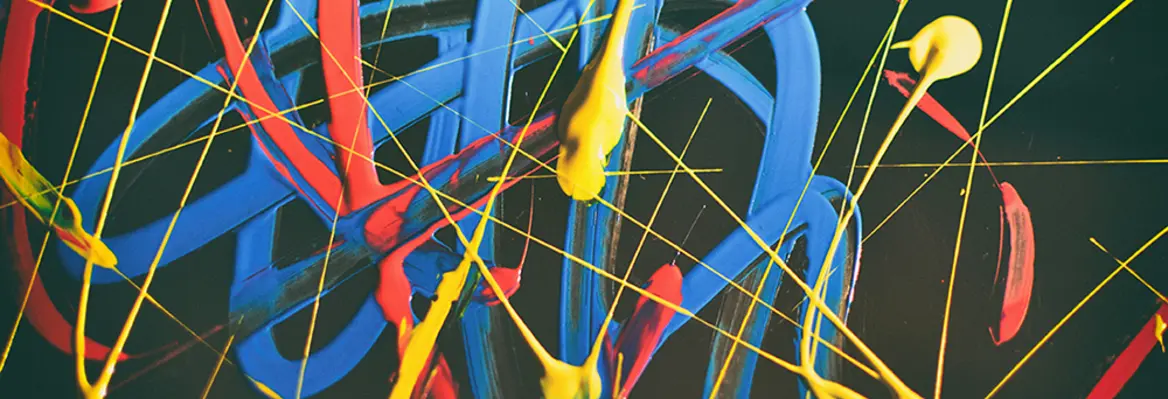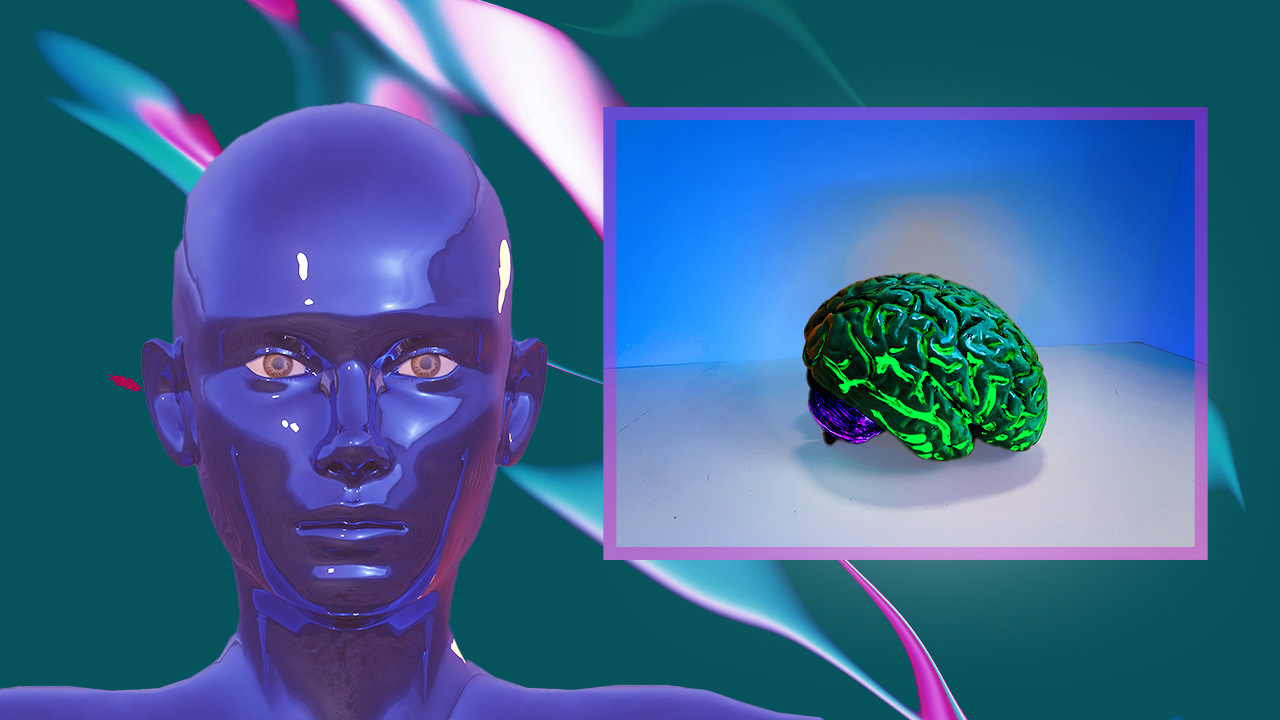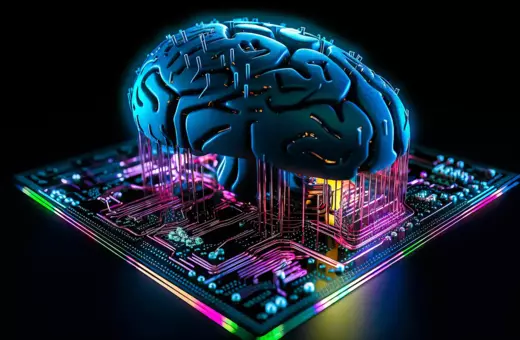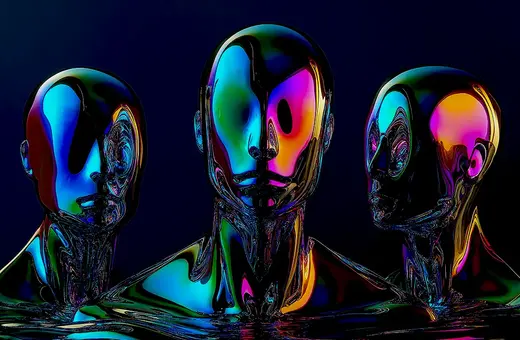Many claim informational systems cannot be truly creative in the way human artists are because they lack human emotion and originality. But philosopher and cognitive scientist, Hanne De Jaegher, argues the issue is deeper still: AI is not alive. It has no will to live and to ensure its survival. Unlike humans, AI doesn’t desire, need, relate, or make sense of the world and what matters in it. True creativity arises from things mattering; even when – especially when – those things are contradictory, nonsensical and ambiguous.
Dutch musician Eric de Jong (Spinvis) is on the Belgian classical radio, giving an in-depth interview about his lifelong love of music and music-making, in one of those programs centred around favourites from the interviewee’s record collection. Towards the end of the two-hour program, de Jong announces a piece of music without much introduction. We listen. It’s a Baroque song. Afterwards, he surprises the audience and the host by saying the piece was made by AI. More surprising to me is the explanation he gives for why he likes it. He says this music is generic, and explains how the AI system does not know anything, but has access to all the music ever made. “You ask it to create a piece of Baroque, and it generates a piece that is a kind of average of all the Baroque music, which it takes as input.”
de Jong says he finds this “very good news”. He considers AI a kind of mirror that tells us how generic music is, including the music made by humans. He says, “Much is made of ’the soul of the composer’. But we are just machines. We make on the basis of what we see and hear. And so, we also make generic things. We are much more generic than we think.” Earlier on, he had talked about how, when recording a piece of music in a studio, it is like making a snapshot of a set of circumstances, and it will be a different snapshot when you record it another time. All kinds of accidents happen, like the sound of a dog barking outside, or a microphone dropping. The real world comes in and shines through, and this makes each recording unique.
SUGGESTED VIEWING Consciousness and ChatGPT With James Tartaglia
The interview had started with de Jong talking about his own way into music. He talked about how, when he was very young, he heard Bach’s Badinerie on the radio, played by French trumpeter Maurice André. de Jong had been too young to know how to write down these names, but had tried his best, and when he told his mother about it and showed her the names, she took him out to buy the record that same day. His mother, he said, seemed to have understood that this had been important. This was his initiation into music, and he said he still gets goosebumps when he hears this piece.
___
Knowing and creativity are much more like how he describes his life, his encounters, the accidents and unexpected connections in music making.
___





















Join the conversation